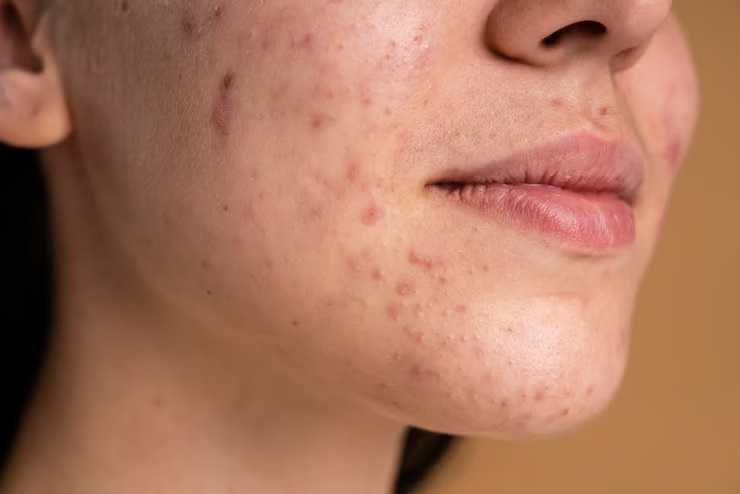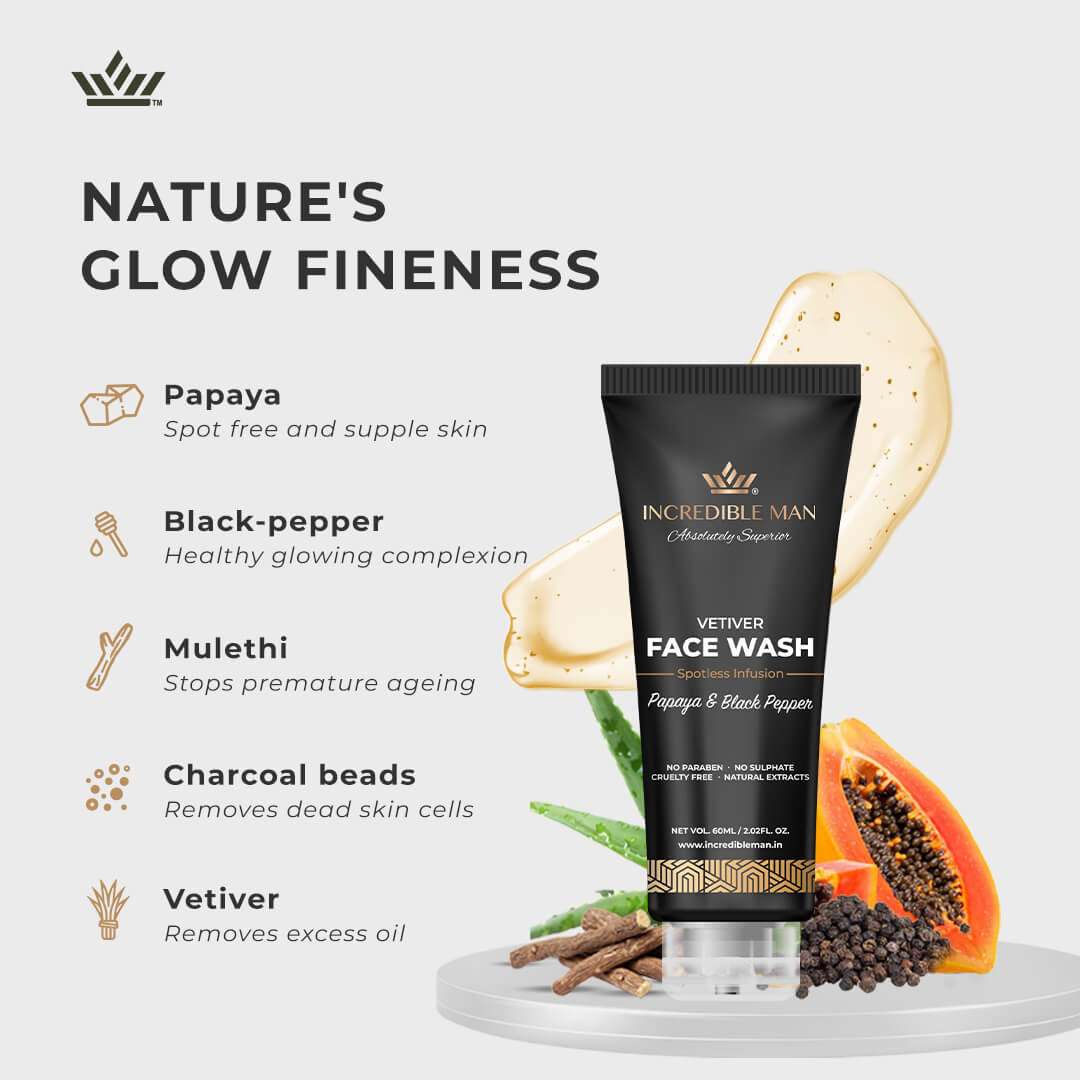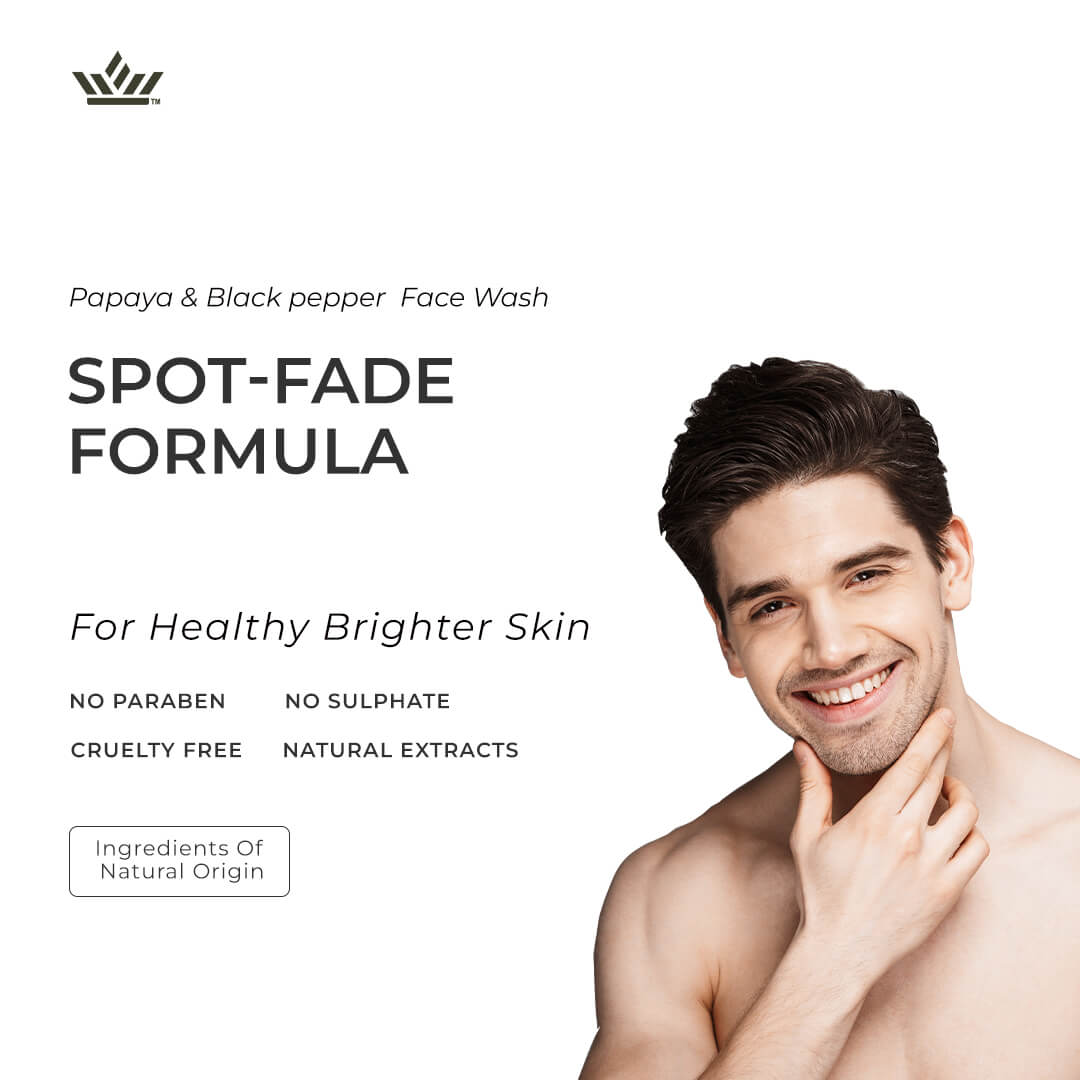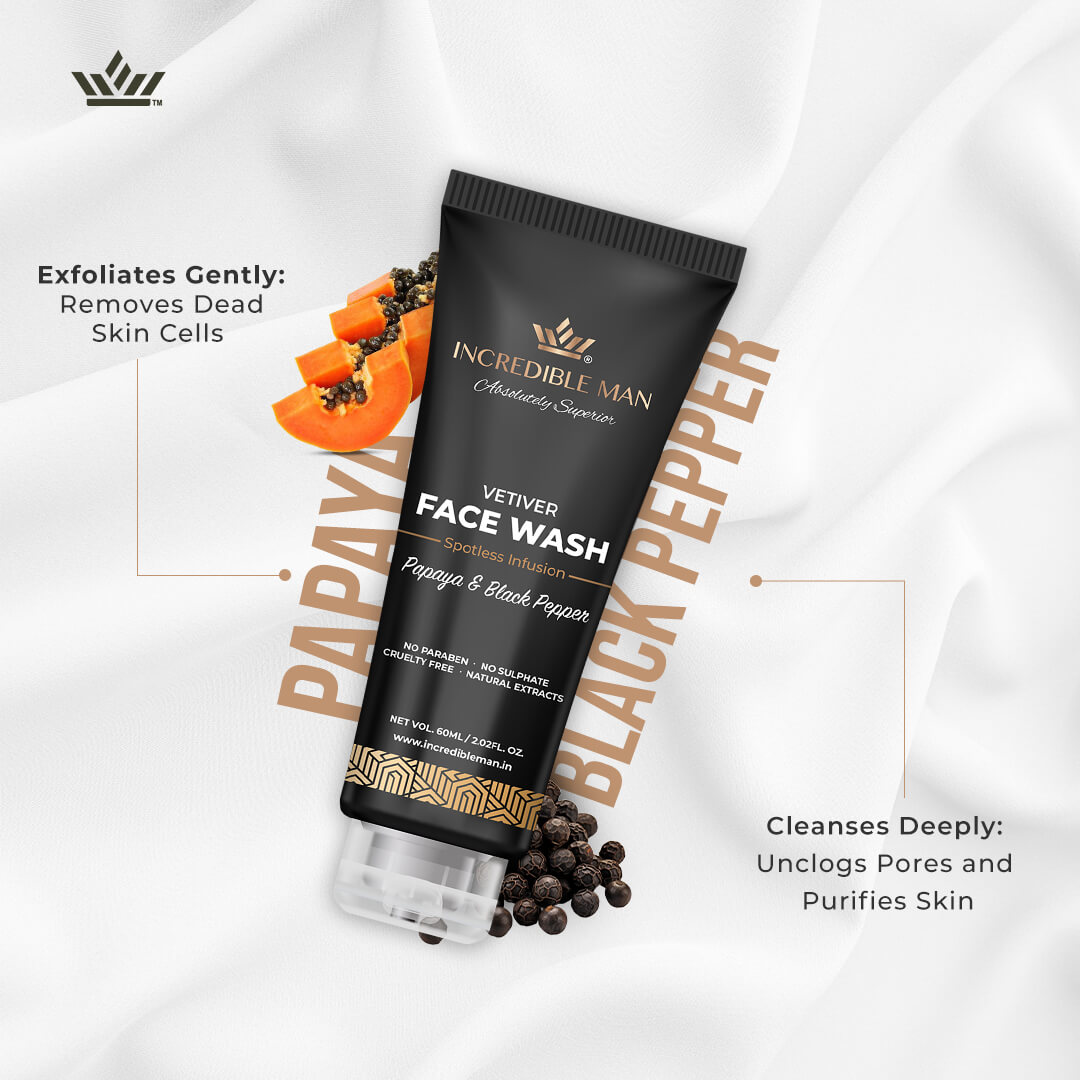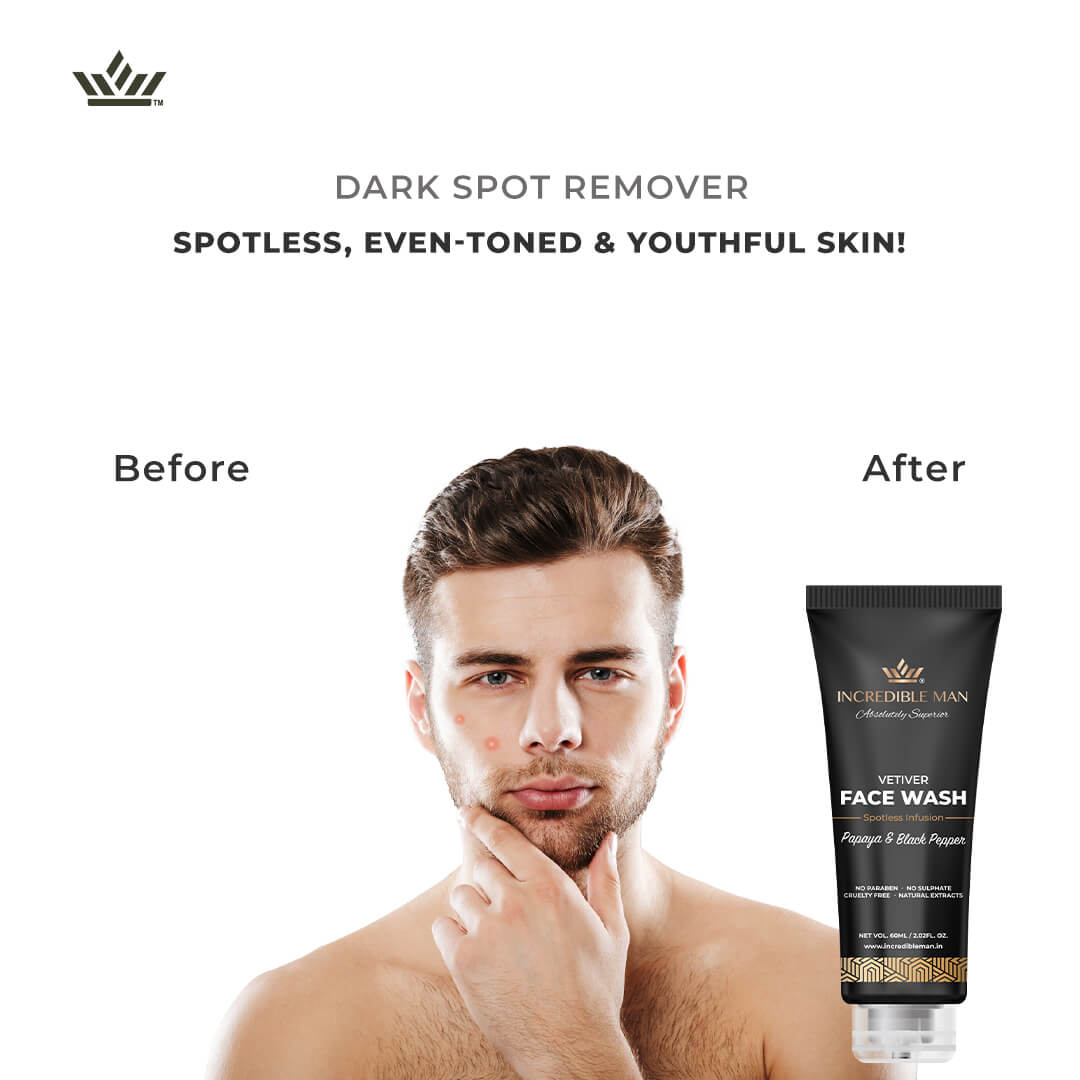- Pigmentation on the face is a common skin concern, and it can range from freckles to dark spots and patches. Pigmentation occurs when the body produces an excess of melanin, the pigment that gives color to the skin, hair, and eyes. This excessive melanin production can be caused by sun damage, hormonal changes, and other factors.
- When it comes to pigmentation, there are two main types: hypopigmentation and hyperpigmentation. Hypopigmentation is when the skin appears lighter than normal due to a lack of melanin. It can be caused by certain medical conditions such as vitiligo or albinism. Hyperpigmentation, on the other hand, is when the skin appears darker than normal due to an excess of melanin. This is usually caused by sun damage, aging, hormonal changes, and certain medications.
- The most common type of hyperpigmentation is age spots, which tend to appear on the face, hands, and other areas of the body that are often exposed to the sun. They are usually small, dark spots that can range in color from light brown to black. Other types of hyperpigmentation include melasma, which is caused by hormonal changes, and post-inflammatory hyperpigmentation, which is caused by skin inflammation.
- Treating pigmentation on the face. can be done with topical creams and serums, laser treatments, and chemical peels. The best course of action depends on the severity of the pigmentation, as well as the underlying cause. If you have any questions or concerns about treating pigmentation, it’s best to consult with a dermatologist.
What is The Cause of Face Pigmentation?
- Face pigmentation is a condition in which areas of the skin become darker than the surrounding skin. This darkening is caused by the overproduction of the pigment melanin, which is responsible for skin color. Pigmentation of the face can be caused by a number of factors, including sun exposure, hormonal changes, genetics, and certain skin conditions.
- Sun exposure is one of the most common causes of facial pigmentation. When skin is exposed to ultraviolet radiation from the sun, it triggers the production of melanin, which can lead to darkening of the skin. Long-term sun exposure can also lead to the formation of age spots or freckles, which are small patches of pigmentation on the skin.
- Hormonal changes can also cause face pigmentation. During pregnancy, women may experience an increase in melanin production, which can lead to a darkening of the face. Additionally, certain medications, such as birth control pills, can cause an increase in melanin production and result in pigmentation.
- Genetics can also play a role in face pigmentation. Certain skin types, such as those with darker skin tones, are more prone to developing pigmentation than others. In some cases, genetics can also cause a person to be more susceptible to sun exposure, which can lead to pigmentation.
- Finally, certain skin conditions, such as melasma, can also lead to facial pigmentation. Melasma is a condition that causes dark patches on the face, which can be caused by hormonal changes and sun exposure.
- In most cases, face pigmentation can be treated with topical creams or laser treatments. However, it is important to visit a dermatologist to determine the cause of the pigmentation before beginning any treatment. Additionally, it is important to protect the skin from sun exposure to prevent further damage and pigmentation.
Does Pigmentation Go Away?
- A disease known as pigmentation causes some parts of the skin to darken more than the surrounding skin. Numerous things, such as sun exposure, hormone changes, and some drugs, might contribute to it. The good news is that pigmentation is generally treatable and can even be reversed in some circumstances.
- The first step to treating pigmentation is understanding what is causing it. If it is a result of sun exposure, then avoiding prolonged sun exposure and wearing sunscreen can help prevent further damage. Hormonal changes, such as those experienced during pregnancy or menopause, can also cause pigmentation and can be treated with topical creams or laser treatments. Certain medications can also cause pigmentation, and your doctor may be able to prescribe an alternative medication.
- Once the cause of the pigmentation has been identified, there are a few treatment options available. Topical creams, such as hydroquinone or retinoids, can help to lighten the affected areas of the skin. Laser treatments, such as IPL or fractional lasers, can also be used to reduce the appearance of pigmentation. In some cases, chemical peels or microdermabrasion may be used to remove the affected skin cells.
- It is important to remember that, depending on the cause of the pigmentation, it may not go away completely. However, with the right treatment, the affected areas of skin can often be significantly lightened or even reversed. If you are concerned about pigmentation, it is best to speak to your doctor or a dermatologist to discuss the most appropriate treatment for your individual case.
Quick Tip:
Also, learn more about How to Get Rid of Pigmentation on Face
What Foods Reduce Pigmentation?
Hyperpigmentation is a common skin condition that occurs when too much melanin is produced and deposited in certain areas of the skin. It can appear as dark spots, patches, or uneven skin tone, and can be caused by sun exposure, hormones, inflammation, or certain medications. While there is no one-size-fits-all solution for reducing pigmentation, some foods may help reduce its appearance.
- Tomatoes: Tomatoes are rich in lycopene, an antioxidant that helps protect the skin from the sun’s damaging UV rays. Eating tomatoes or drinking tomato juice can help reduce pigmentation caused by sun exposure.
- Fish: Fish such as salmon, mackerel, and sardines are loaded with omega-3 fatty acids. These healthy fats help reduce inflammation and may be beneficial for reducing the appearance of pigmentation.
- Citrus Fruits: Citrus fruits such as oranges, lemons, and limes are full of vitamin C, which is a powerful antioxidant. Vitamin C helps protect the skin from UV damage and may reduce the appearance of hyperpigmentation.
- Leafy Greens: Leafy greens such as spinach, kale, and Swiss chard are loaded with vitamins and minerals that help reduce inflammation and protect the skin from UV damage.
- Nuts and Seeds: Nuts and seeds, such as almonds, walnuts, flaxseeds, and chia seeds, are packed with healthy fats, vitamins, and minerals that may help reduce inflammation and protect the skin from UV damage.
- Green Tea: Green tea is packed with powerful antioxidants that help protect the skin from UV damage and reduce inflammation.
By adding these foods to your diet, you may be able to reduce the appearance of hyperpigmentation. However, it is important to speak to your doctor before making any drastic changes to your diet.
Diet for Pigmentation on Face
Getting rid of pigmentation on the face can be a difficult task. However, with the right diet and lifestyle changes, you can reduce the appearance of dark spots and uneven skin tone. Here are some diet tips to help get rid of pigmentation on the face.
- Eat a healthy, balanced diet: A healthy diet is crucial for eliminating pigmentation on the face. Include a lot of fresh produce, whole grains, and fruits in your diet. Antioxidants found in abundance in these meals can aid in minimizing the appearance of dark spots on the face.
- Increase your intake of Vitamin C: Vitamin C is known for its skin-lightening properties. Increase your intake of vitamin C-rich foods like oranges, lemons, and other citrus fruits. You can also take vitamin C supplements to get rid of pigmentation on the face.
- Avoid processed and fried foods: Processed and fried foods are high in trans fats, which can worsen pigmentation. Avoid these foods as much as possible and opt for healthier alternatives like nuts, seeds, and whole grains.
- Drink plenty of water: Water helps to flush out toxins from the body, which can help reduce the appearance of dark spots on the face. Make sure to drink at least 8 glasses of water a day to keep your skin hydrated and reduce pigmentation.
- Avoid the sun: UV rays from the sun can worsen pigmentation. Make sure to wear sunscreen every time you go out and cover your skin with clothing to protect it from the sun.
Following these tips can help reduce the appearance of dark spots and even out your skin tone. However, it is important to consult a dermatologist if the pigmentation does not improve with diet and lifestyle changes.
Conclusion
Overall, pigmentation on the face is a common condition that is usually harmless. It can be treated with a variety of methods, including topical creams, laser treatments, and chemical peels. Additionally, reducing sun exposure and keeping the skin hydrated can help reduce the risk of developing pigmentation.
Yes, vitamin E may help reduce the appearance of pigmentation. Antioxidant vitamin E can aid in defending the skin against oxidative stress brought on by free radicals. Additionally, it encourages the creation of collagen, which can assist to lessen the appearance of pigmentation and lighten dark spots.
Yes, aloe vera can help to reduce pigmentation on the skin. It can be used to lighten dark spots caused by sun exposure, aging, and scarring. Aloe vera contains natural enzymes and compounds that can help to lighten the skin, as well as vitamins and minerals that can help to nourish and protect the skin.
Vitamin C is the best vitamin for pigmentation. Vitamin C helps to boost collagen production, reduce inflammation, and protect the skin from free radical damage, all of which can help to improve the appearance of pigmentation.
No, vitamin C tablets cannot remove pigmentation. Pigmentation is caused by either an excess of melanin production or damage to the skin, and vitamin C tablets cannot treat either of these causes. In order to effectively treat pigmentation, you should consult a dermatologist for professional advice on the best available treatment.
It depends on the cause of the pigmentation. Some types of facial pigmentation, such as freckles and age spots, are usually permanent, while other pigmentation issues, such as melasma, can be temporary.


